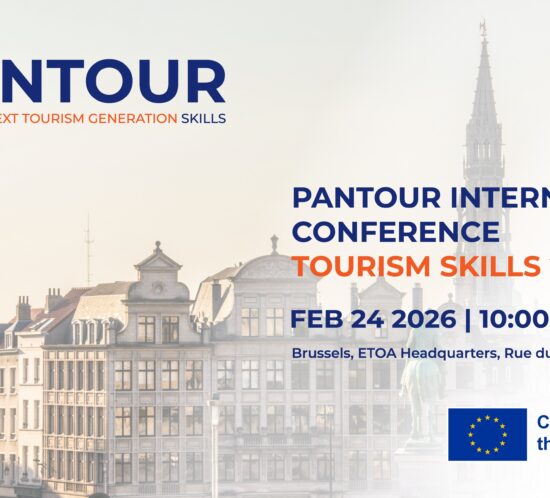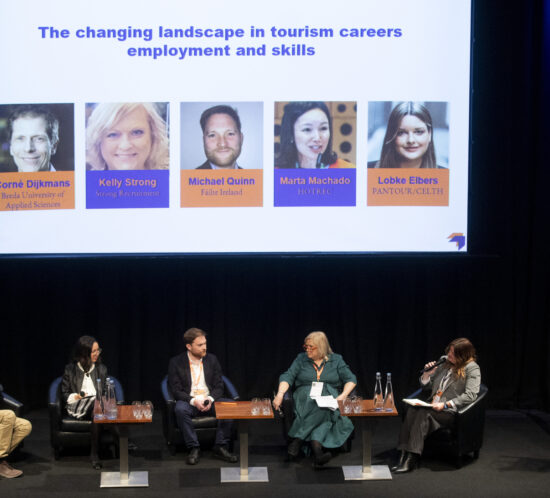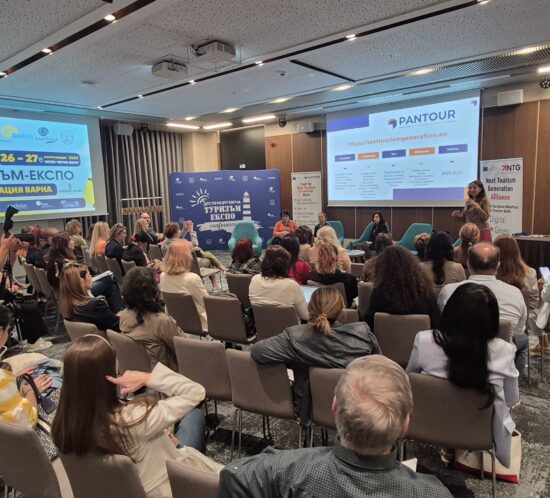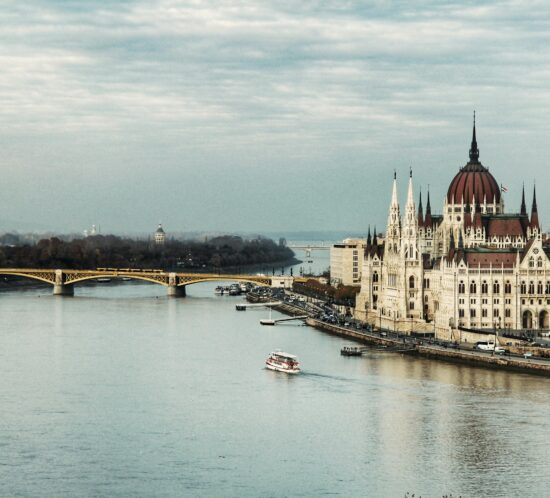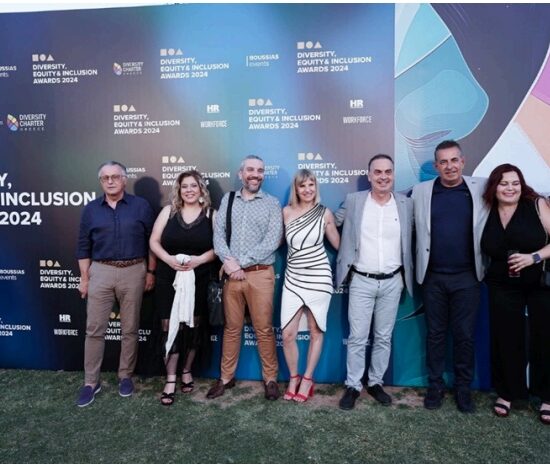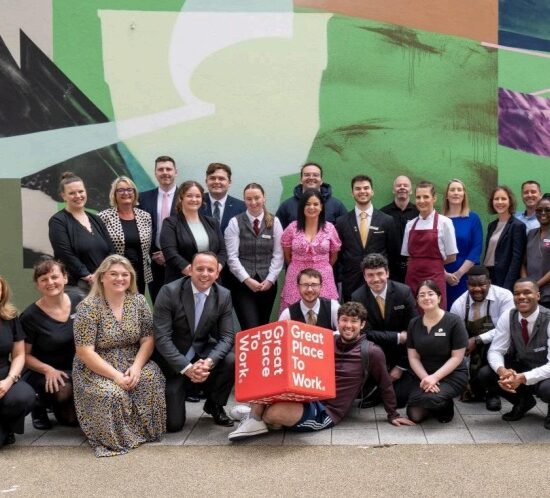PANTOUR International Conference 2026 in Brussels | 24 February 2026
On 24 February 2026 the Pact for Next Tourism Generation Skills (PANTOUR) consortium will organise the second international conference in Brussels. The international conference will be an opportunity to take stock of recent project deliverables, outputs and insights of skills development in tourism in Europe and to exchange on priorities and next steps in light of Europe’s digital and sustainable twin transition and skills initiatives. The event will take place at the Rue du Marché aux Herbes 61, in Bruxelles in collaboration with ETOA.



